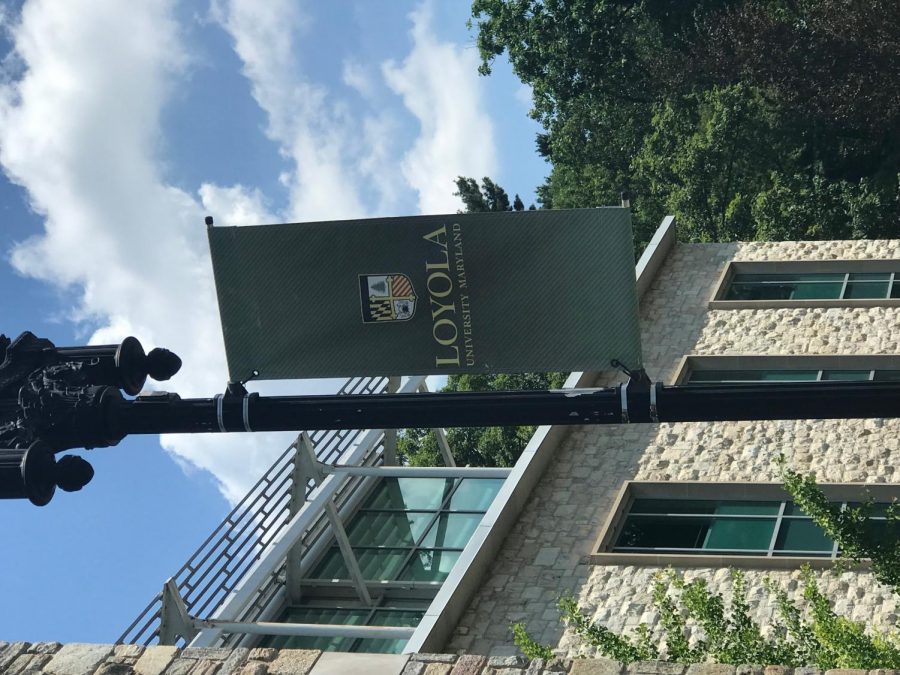How Universities Around the Country are Handling COVID-19
Loyola campus in July 2019 before COVID-19 cancelled in-person classes
October 7, 2020
As this summer was coming to a close, college students around the United States were highly anticipating their arrival to school, where they have friends, and more importantly, their education. Unfortunately, a rise in COVID-19 cases have impacted their ability to go back to school to all different degrees.
Some students never went back to school, with the fear that returning would cause an unnecessary increase in cases. Loyola University Maryland, a university in Baltimore, MD, was one of those schools.
“It was very sudden when they said that we weren’t gonna be on campus at all, because up until the day they told us we weren’t going, they said that we were gonna do in-person classes, everyone was allowed on campus…” explained Julia Case, an incoming freshman at Loyola.
The outlook was optimistic, and students were eager to return to, or start, their higher education. When It was decided that students would not be returning for the fall semester, that excitement was swifty taken away.
Some colleges decided to have their students arrive as normal, but with a large population of students on campus, University of North Carolina Chapel Hill quickly had an increase in cases, and had to reduce the amount of students on campus to around 15%. This news didn’t come as a surprise to incoming freshman Zoe Turner.
“I don’t know what they thought was going to happen, like if 130 cases was all it took to send everybody back.” Turner explained that clusters of cases were popping up everyday, with the worst one being over 100 students in a dorm notorious for parties. She and most of the UNC students were sent home, where they face many challenges. However, students that are still going to college face similar challenges.
“There’s definitely a lot of learning curves that go along with learning on zoom versus learning in person,” added Calvin VanTassell, a junior nursing student at Temple University in Philadelphia, PA. He is still able to attend in-person clinicals, but the majority of his classes are online.
College students are dealing with various situations as their schools are making decisions based off of information that is new every day. Even though it is difficult, there is a bright side.
“I’m sure I’ll be a lot more appreciative when I go back and it’s normal again,” exclaimed Turner.
Gratitude for the things we often take for granted, such as college, has been an important lesson learned during these unprecedented times. With this newfound gratitude, we can build hope and optimism as we continue to adapt to this new normal.





























